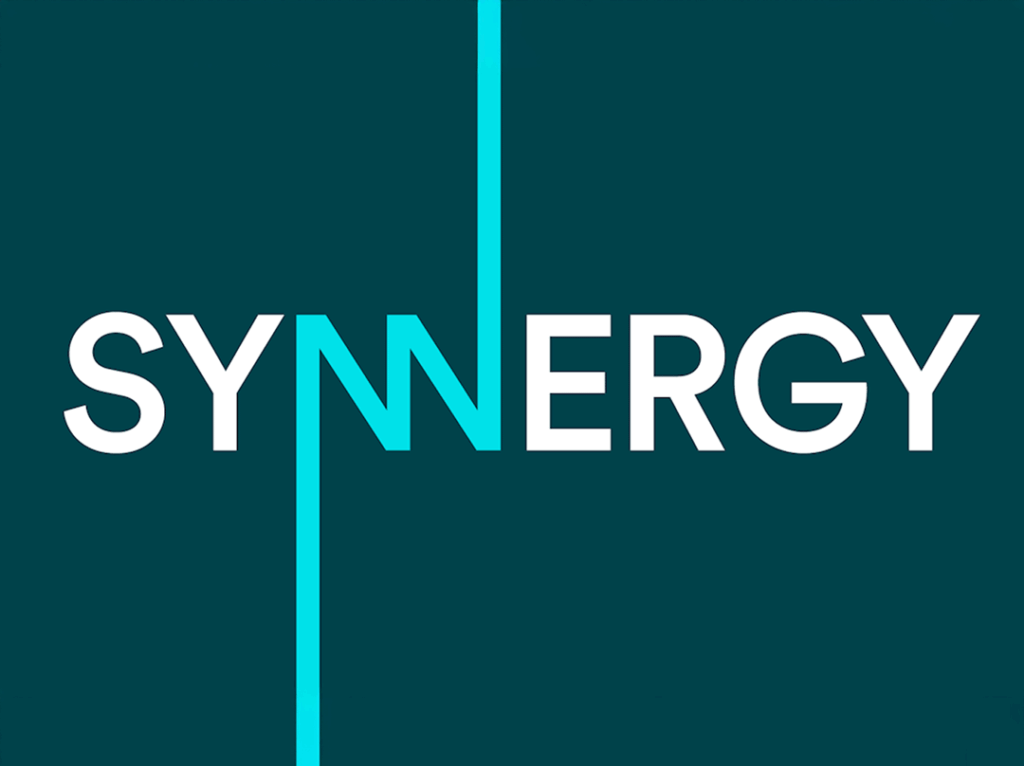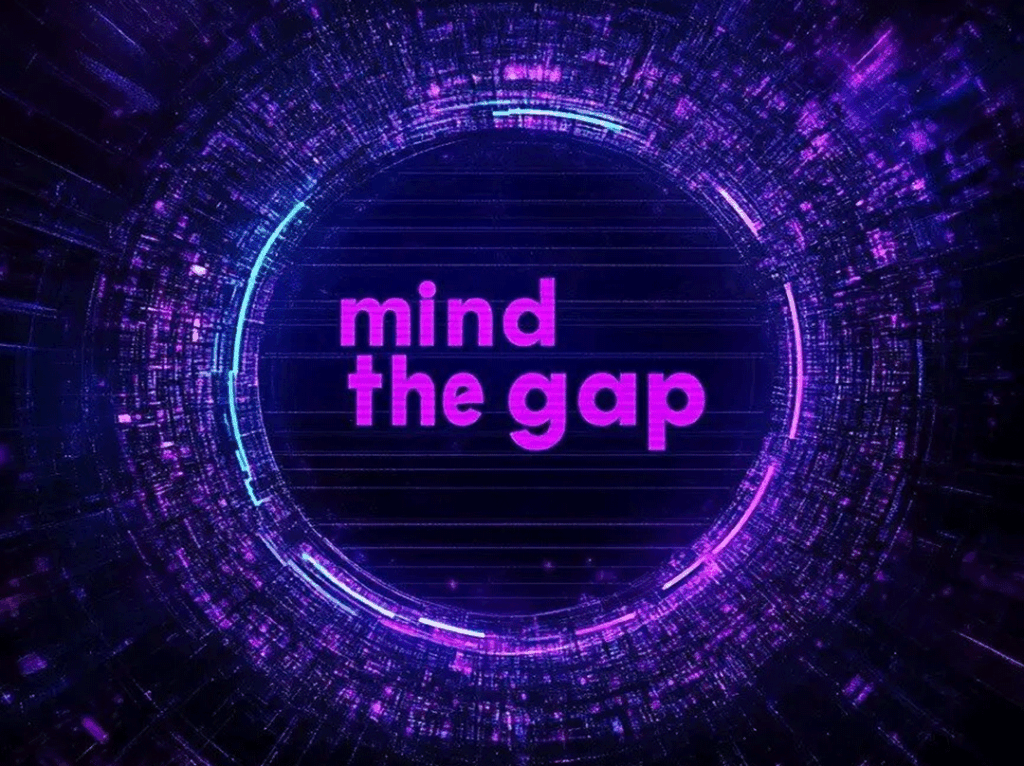Lausanne's transport system: data to improve public services
Public transport ridership was the only data that was exploited before 2015 by Lausanne's public transport company (TL). It was at this point that Nicolas Cabuil, Head of Data Valorization and Operational Excellence at TL, and his team built a 360° vision of operations to start creating KPIs and making data accessible to all, in real time. The merging of the different teams has enabled the development of several projects to solve problems or make life easier for customers and employees alike. These continuous improvements were established with the aim of one day being able to predict the various challenges.
Automatic bus parking

The digitized improvements that TL are working on include productivity indicators, process improvement, incident management, management of punctuality and regularity problems, and automatic bus parking. It's this last improvement that we're going to develop here. Organizing the buses in the depot was a task that relied heavily on people, paper documents and simple computer software. The process was therefore modeled by digitizing it. These bus placement algorithms have offered many advantages, not least of which is the creation of a plethora of data that can be analyzed by Nicolas Cabuil's team to improve the performance of Lausanne's public transport system. The information is accessible in real time, and employees can calculate the availability rate or find out if a bus has been taken by maintenance for example.

for example. "As Nicolas Cabuil explains, "A whole culture of continuous improvement is put in place by digitizing processes and implementing tracking, monitoring and even decision-making methods .
Team organization to improve the system
Aside from the technical aspects, which are difficult to put in place, convincing the various parties involved is no easy task when it comes to such ambitious, new projects. It's the team culture that makes the difference, and which is the hardest to change. Whenever there is change, there are doubts, fears and reluctance. Not all the company's employees have the same experience with digital products. However, there has never been any question of replacing people who are less accustomed to digital tools. The TL data enhancement and operational excellence teams have therefore set up collective training courses and direct access to information for teams in the field. It is often feared that digitalization will eliminate jobs by replacing human resources. Within Lausanne's public transport system, it is possible to evolve, support, retrain, reintegrate into other missions and change jobs.

The use of data has improved the quality of work by reducing waiting times or facilitating employee tasks.
Digitization has already made standardization easier, but the aim now is for it to lead to the prediction of concrete problems. It used to be difficult to keep track of everything, between telephone contacts, files and the various people to be reached. Digitalization has enabled us to redesign the incident management process. Conflict management is still carried out by telephone to maintain a human relationship, with the difference that today the solution is connected to all information and data centers. Thanks to the data collected over the last four years, the algorithms will be able to predict incidents and implement predictive maintenance.
A team aiming to become the data "App store" for TLs
In a company like Lausanne Public Transport, there are people with visions and projects to improve public services thanks to data and digital technology. The aim of this article is to highlight the in-house skills of TL's data enhancement and operational excellence teams, who work with data and develop projects to respond to problems thanks to digitalization processes.

TLs want to acquire talent, but above all they want to keep it by allowing them to "do things we haven't done yet" , as Nicolas Cabuil explains.
He has Olympic coaches on his team because diversity, flexibility and motivation are important qualities for developing projects. Work is more enjoyable and efficient if the team atmosphere is at the forefront.
TL data recovery in 3 figures
- 1/3 of Nicolas Cabuil's teamtime is dedicated to supporting TL employees to ensure the smooth development of their projects.
- 3 teams organized in a virtuous circle: data enhancement, continuous improvement and improvement projects. Each team has its own area of action, which enables the other teams to improve.
- 80% of the information that used to be requested from TLs can now be found by customers themselves, thanks to the digitization of data.

Digital nuggets in French-speaking Switzerland
The TLs are the Nugget of the Month for November 2022, selected by the Alp ICT, BioAlps, CleantechAlps and Micronarc platforms, who each year, thanks to their fieldwork, discover remarkable innovation projects that are not yet widely publicized. Most of the time, these are projects within companies that use digital technologies to meet their internal needs or to develop their business.
The term "nugget" was chosen in reference to the gold nuggets that form in geothermal springs, through cracks in hard rock, and therefore in hard-to-reach places. A nugget is not necessarily known; it has value, but it can remain hidden if no one is looking for it.
That's why the platforms have decided to reveal these hidden nuggets, starting in 2022, through a series of monthly portraits. It's a great way to showcase the dynamism of our regional companies, inspire the ecosystem to innovate, and make technologies more accessible. Each month, we share the portrait of a new nugget: how did the project come about? by what means? what were the challenges? what are the returns on investment?




